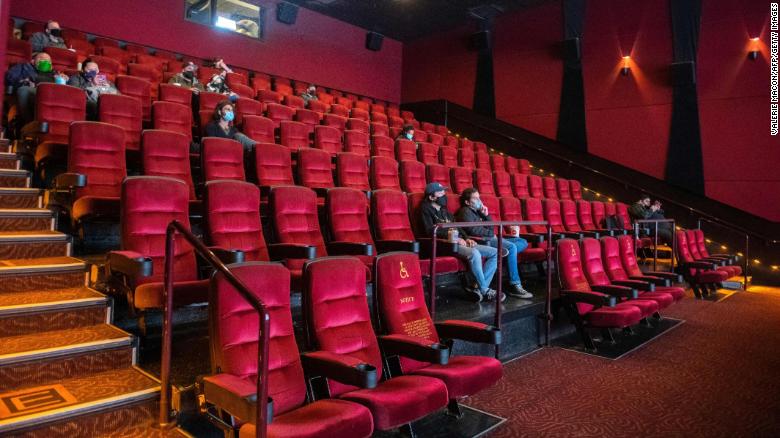This summer, McGill’s Tuesday Night Cafe Theatre, a student-run, anglophone theatre company affiliated with McGill’s English department, screened the short film Where We Were. The film feels reminiscent of the COVID-19 outbreak as the story makes connections between how people process memories of large-scale catastrophes and our current reality. This film takes on special meaning during the pandemic, as it inspires the viewer to reflect on how to react and live following a world-altering event.
While watching this film, memories flooded back to me of when I first heard about the COVID-19 outbreak in China. Although I was in Montreal, the shock and fear I felt for my friends and family remain deeply rooted in my memory. It began as a terrifying rumour spread on WeChat. Immersed in the joy of the Lunar New Year festivities, most people did not take the rumours seriously. But then, the government confirmed the “rumour.” Cities were placed under lock-down, shopping malls and small businesses closed, and my mom even lost her part-time job at the popcorn store. The parallels between the characters and the audience, such as their age and place in the world, immerse the audience in the narrative world of the film.
The Lunar New Year should have been the most delightful and exciting time in China. But instead, the streets laid empty and quiet, deserted because everyone was isolated at home. However, I did not foresee how quickly things would get out of control and how differently people around the world would experience this pandemic. Although things are slowly getting better in many parts of the world, the shadow of COVID-19 still affects our lives in ways. The various racial, gender, and class backgrounds of Who We Were’s five characters impact the way they experience and remember the same event—also shaping how they react to and process it. The film then explores how reality transitions into collective memory, a phenomenon that we are all undergoing during the pandemic.
There is one character named Nikki that I particularly empathize with. Nikki is an immigrant who might never get the chance to see her father again due to the undisclosed event in the film. Similar to the real world, when COVID-19 became a global health crisis, travelling between countries became extremely difficult. Many friends of mine still cannot return to their homes in China because of limited flights and increased prices. Besides, different countries’ policies regarding travelling abroad change so fast that even if one can manage to come home, there is no guarantee that they will be able to return to Canada in time to continue their studies. This is also why I have chosen to stay in Canada since the beginning of the pandemic. I have had to sacrifice the chance to see my family in China to avoid the risk of not completing my degree on time.
Due to the ongoing pandemic, all productions of the McGill Tuesday Night Cafe Theatre were adapted to virtual formats. Where We Were was an experimental pandemic film production, with intriguing production techniques that combine Zoom recordings and in-person shots. As we move into the post-pandemic world, restrictions will ease, and with this comes changes to how this time will be remembered. Knowing that we have gotten to a point where media and film reflect and represent our lives during the pandemic only strengthens the theme of the film, revealing the plurality of ways different situations can be experienced by different people.








